This is my personal list of “do’s” and “don’t’s” for my friends who might find some guidance helpful in relating to my ME/CFS (Chronic Fatigue Syndrome/Myalgic Encephalomyelitis):
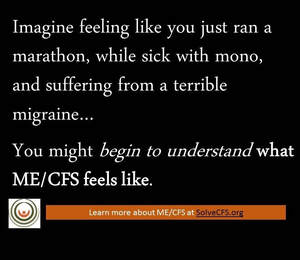
DON’T think you’re being supportive by telling me how you get tired too sometimes after a hard day at work or a long bike ride. The fatigue (read “debilitation”) experienced by people with CFS is unlike any kind of physical or emotional state experienced by able-bodied people, even after they’ve run a marathon. This kind of comparison is as offensive as discussing your experiences with dieting to someone with a wasting disease. Just don’t. If you are able-bodied, you have no physical context for understanding my experience, so don’t think you do.
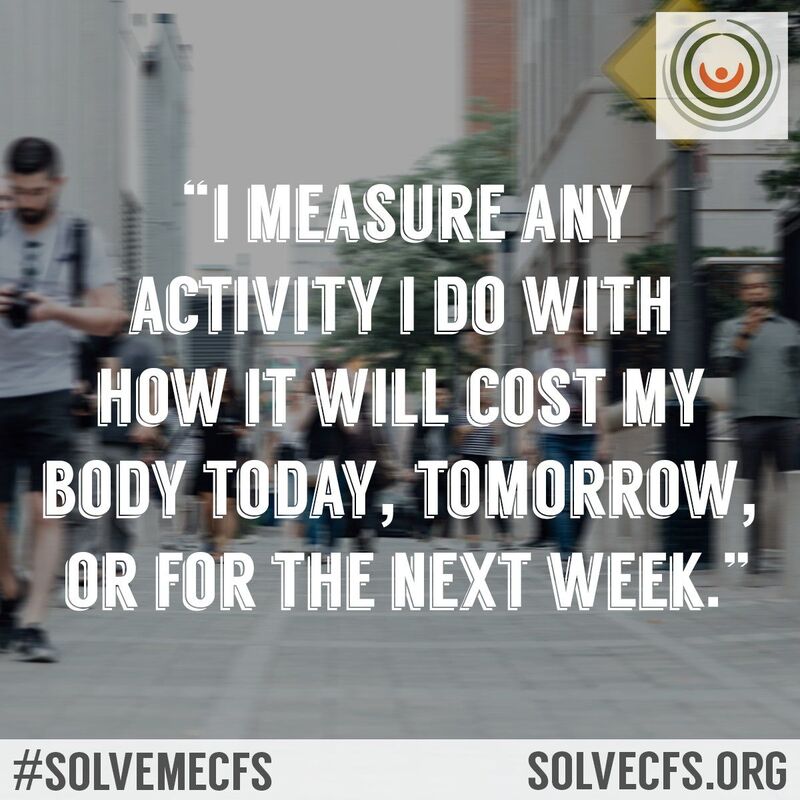
DON’T try to be helpful by suggesting other “normal” factors which might be causing my symptoms. Yes, no doubt there are other factors - there always are - but I am an expert on my disease and I am on intimate terms with my symptoms. It is arrogant for you to try to interpret them for me.
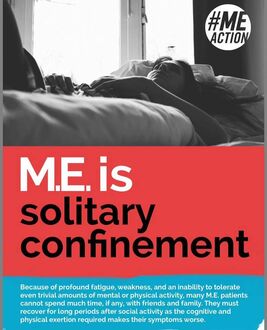
DON’T say things to me like, “God, I don't know how you can stand to live without [your career, your home, swimming, running, eating favorite foods, being able to travel, being financially independent, etc.] ever again!” Don't say, “Boy, I could never give up [my career, my home, swimming, running, eating my favorite foods, being able to travel, being financially independent, etc.]” Our losses are our losses. They don't signal fortitude, sacrifice, or strength of character. We deal with them in healthy or unhealthy ways, and sometimes that changes every hour. They are our losses, and the only appropriate response is heartfelt sympathy and sincere offers of assistance. A little political activism would not be out of place either.
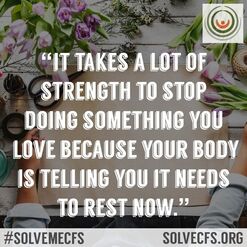
DON’T date me if you want to think of my illness as some footnote to my personhood. It is a central part of my identity now, just as being lesbian is. We all know how icky it is to be around straight people who tolerate our lesbianism, but who flinch every time we bring up the subject of our lover. It feels just as bad to be with friends who know I have CFS, but who become stiff and uncomfortable whenever I incorporate my experiences or needs into our interactions. If you can't take the heat, get out of my kitchen.
DON’T ever use the word “crazy” in relation to the confusion, seizures, extreme irritability, panic attacks, or periods of being emotionally overwhelmed which are part of the cognitive losses and neurological disturbances of this illness. I can identify and name these states and take responsibility for them. I have a whole battery of information and arsenal of strategies for coping with them. In fact, I see able-bodied folks acting out all the time from food allergies, blood sugar reactions, the effects of alcohol and caffeine in their systems -- and in my experience, those of us with CFS are far more aware, more accountable, and more forthcoming about mood swings and emotional states than so-called able-bodied people who have the dubious privilege of still abusing their bodies.
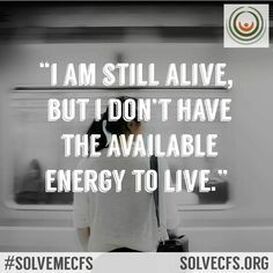
DON’T attribute your lack of sympathy to my attitude. This is a standard defense of bigots. Racists are always sure that there are right ways to be African American and wrong ways. Sexists believe that harassment and discrimination only happen to women with bad attitudes. Ableists are always convinced that there is something in the attitude or the behavior of the disabled person which is causing their own irritation or aversion towards us. Nothing unmasks your ableism more than this point of view toward me. I have to fight my way through a toxic, apathetic, and even sadistic world every day. I am assertive-to-militant about my needs, and I haven't got the energy to coddle ableist people. You will not see me looking helpless, tearful, or pathetic. Someone suffering for a few weeks with a flu virus may be able to indulge or even luxuriate in their temporary helplessness, but those of us who are sentenced to chronic illness for the rest of our lives must make other adjustments -- ones which should be valorized not excoriated. I need an ally, not a rescuer. If you can't feel empathy for an embattled warrior, it's your ableism and not my attitude. Period.
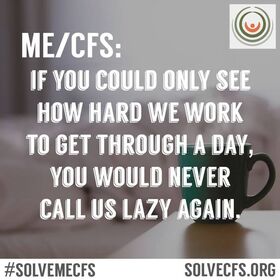
DON’T suggest new supplements or treatments unless I have asked. Like most single women with the disease, I have experienced a drastic and terrifying reduction of resources. And like most women living on very low fixed income, I have had to evolve a highly refined and customized process for cost-benefit analysis. It has taken me years to fine-tune my regimen of supplements and foods. Yes, I am sure I would benefit from massage, blood tests, medical care, organic food, acupuncture, and Chinese herbs, but I can't afford them. Unless, of course, you want to buy them for me. Classism and ableism go hand-in-hand, and in case you don't know, health care in this country is a privilege, not a right.
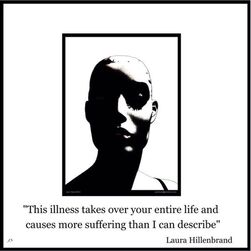
DON’T accuse me of being jealous of your health when I confront your ableism. I wish that my able-bodied friends were more aware of how their able-bodied privilege translates into ignorance, arrogance, and bland sadism. The issue is not my envy of your privilege, but your abuse of it.
DON’T make me take care of you around cancelled plans. Yes, I'm sorry whenever that happens. I do try to know what my limitations are, and frequently I err on the side of conservatism just so that I won't have to change them or cancel later. But every now and then I will say I can do something that I can't. Too bad. But the whole life I had planned for myself - my career, my home, my family, my social life, my sports, my hobbies, my standard of living, my quality of life -- have been permanently cancelled. I just can't get too into your pain about a picnic or a camping trip. And you know what? I'm not even going to try.
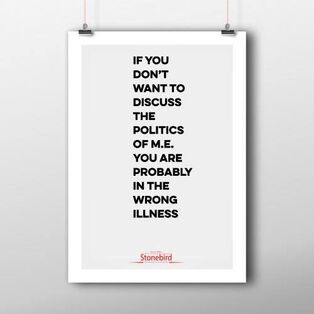
DO make an effort to learn something about the disease on your own. There is a ton of information about CFS in the libraries and bookstores - first-person narratives, medical and alternative healing manuals, cookbooks. There are all kinds of websites on the Internet. Check out Solve ME/CFS.
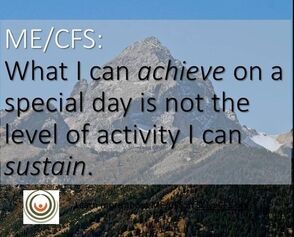
DO ask me how I am when we get together for an activity. That lets me know that you are willing to be my ally in confronting the challenges I am meeting during the time we are together. I have come to learn that when you don't ask, it means you don't want to know. It means that your plan is to grant me the “privilege” of being considered your able-bodied peer for the duration of our activity. In other words, my illness will only be real for you if I bring it up. Experience has taught me that this attitude results in your equating my mentioning of symptoms with my causing those symptoms. And you will oppress me accordingly.
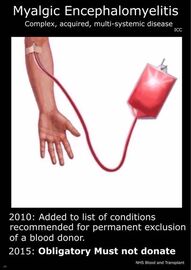
DO confront your superstitions about denial and immunity. If you are afraid to imagine yourself in my shoes, to really hear my experience, or to adopt a CFS consciousness about toxins and stress levels when you are in my company - look at the reason why. Are you afraid that you might become vulnerable to the illness if you let too much of its reality into your consciousness? That is a very human response, but also a very ableist one. If this is your truth, then stick to the company of other able-bodied people. Don't make me deal with it.
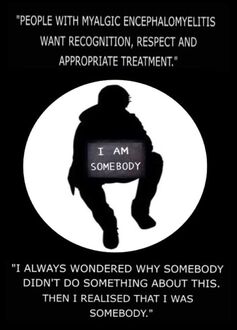
DO offer support. Offer whatever you can. The gesture is often the most therapeutic part. I don't have a bathtub, but I experience chronic muscle pain and I love it when friends invite me to come over and take a bath. Can you cook a meal on a really bad night? Can you be there for 20-minute support phone calls? Ask me what kind of support I would like. I understand that doesn't mean you can give it. I'll just be stunned that you asked. In seven years, no one ever has, but I do keep hoping.
DO clean up your car/ apartment/ clothing. Remember what I have told you about my allergies: fabric softener, essential oils, perfumes, bleach, any and all pesticides. When you keep “forgetting,” I get one of two messages: Either you don't believe I'm really sick or you don't care. I never get the message you just forgot. That's your fantasy... and a function of your able-bodied privilege.
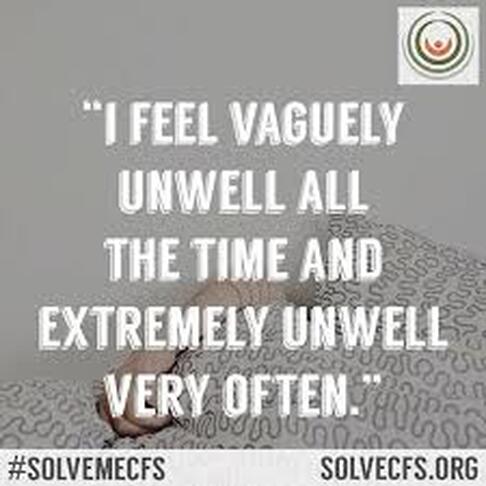
DO stand up for me when I’m not around. You will probably have more credibility than I do. Spread the word about CFS. Confront others on their ableism. Talk about the crying need for support services similar to those offered by the AIDS networks in our communities. Stop others from blaming the victims. When you hear charges that I am exaggerating my symptoms, set the record straight. The symptoms that show, the ones that I talk about, are just the tip of an iceberg.
And if all of this seems too overwhelming to remember, then try this simple formula:
Pretend it’s happened to you.

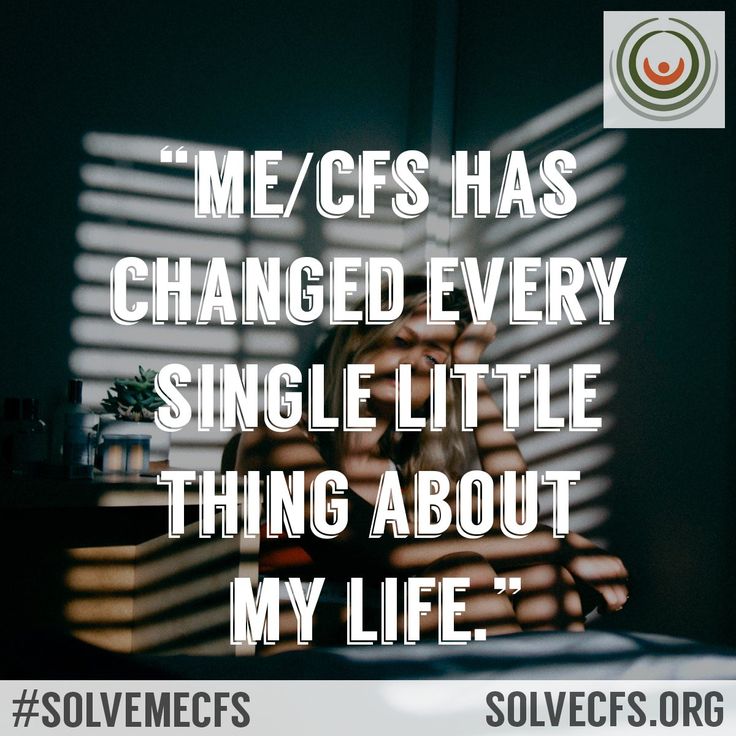

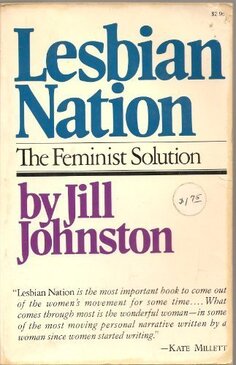


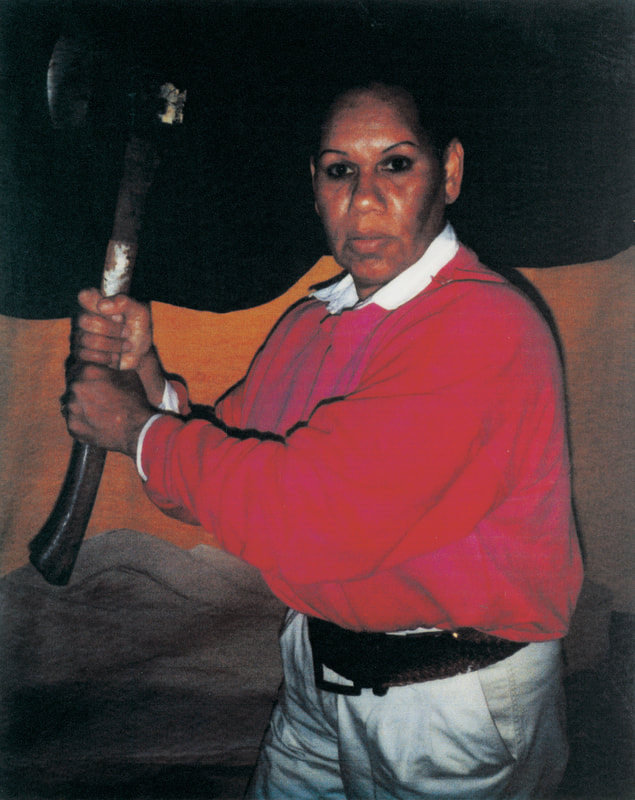

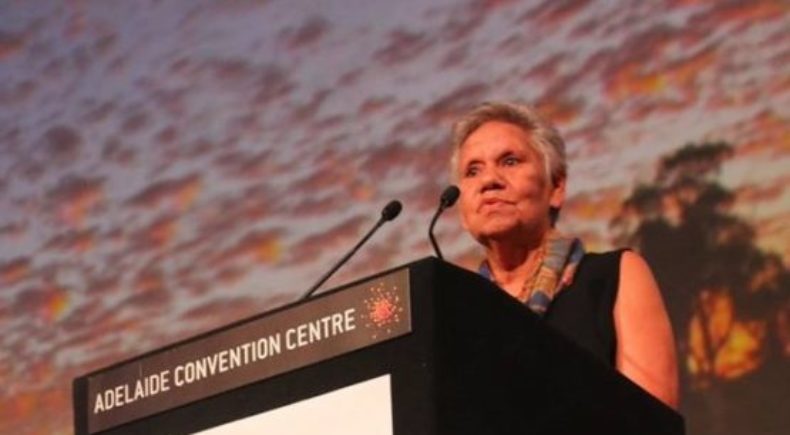
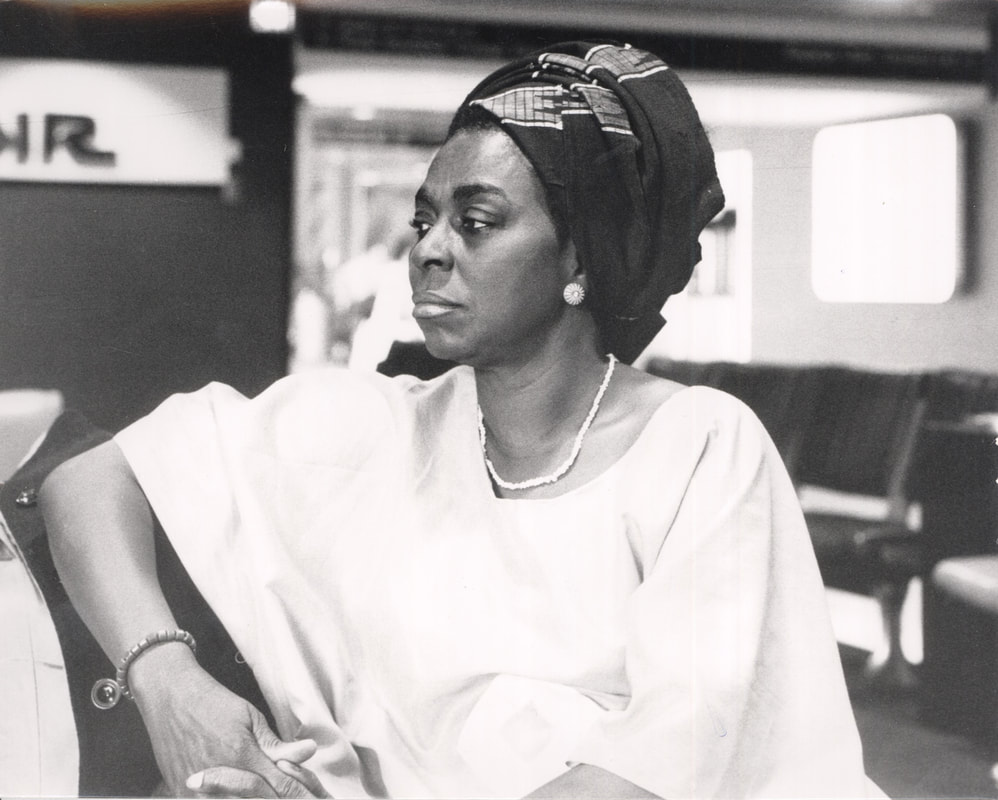

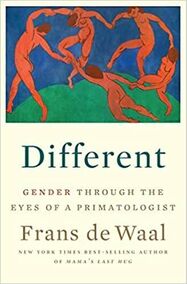


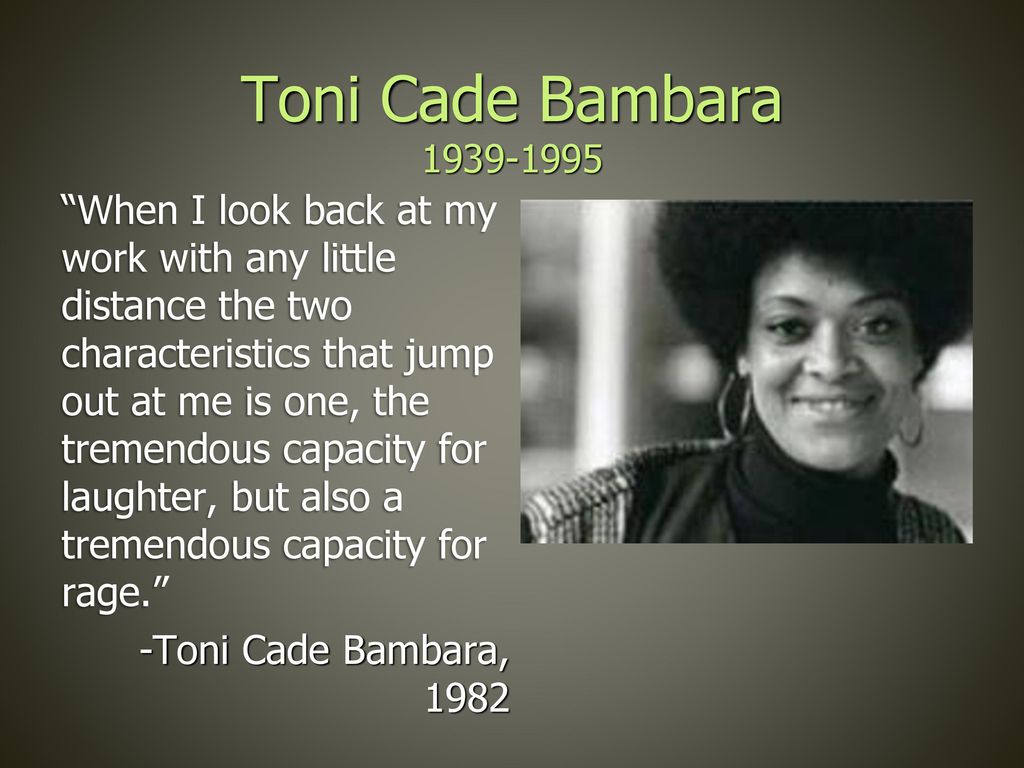


 RSS Feed
RSS Feed
